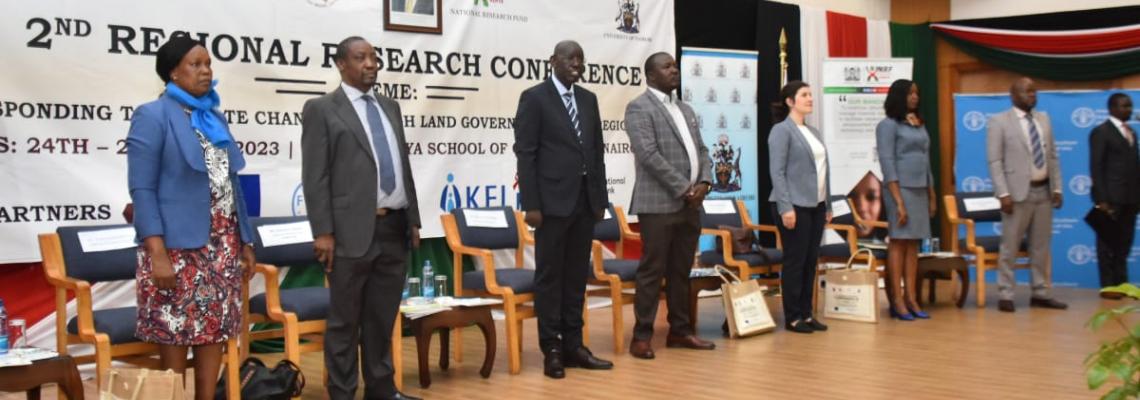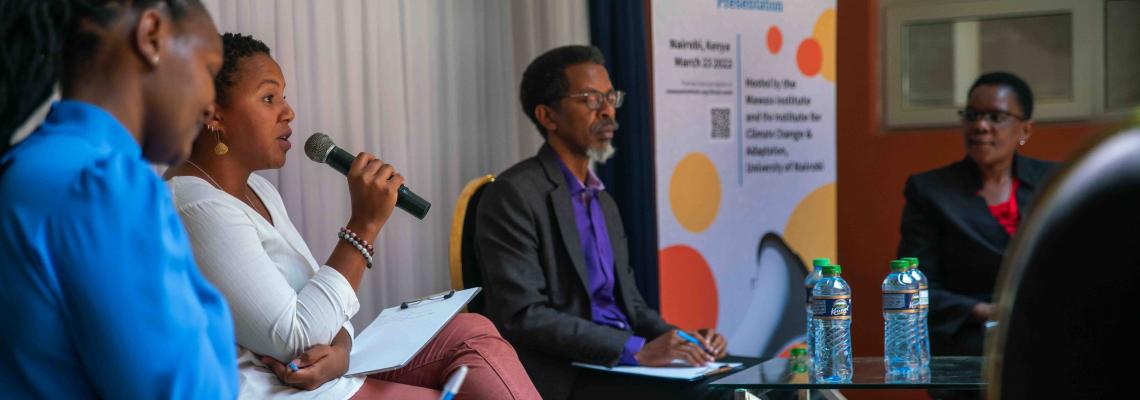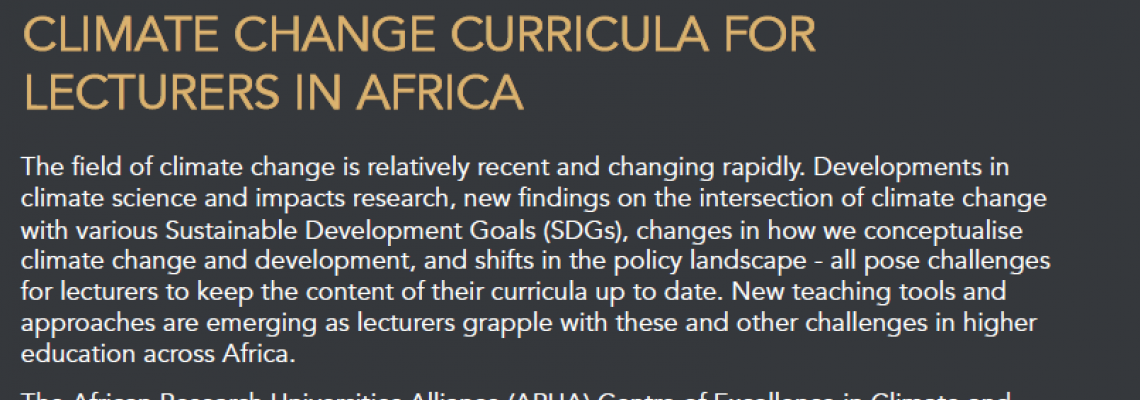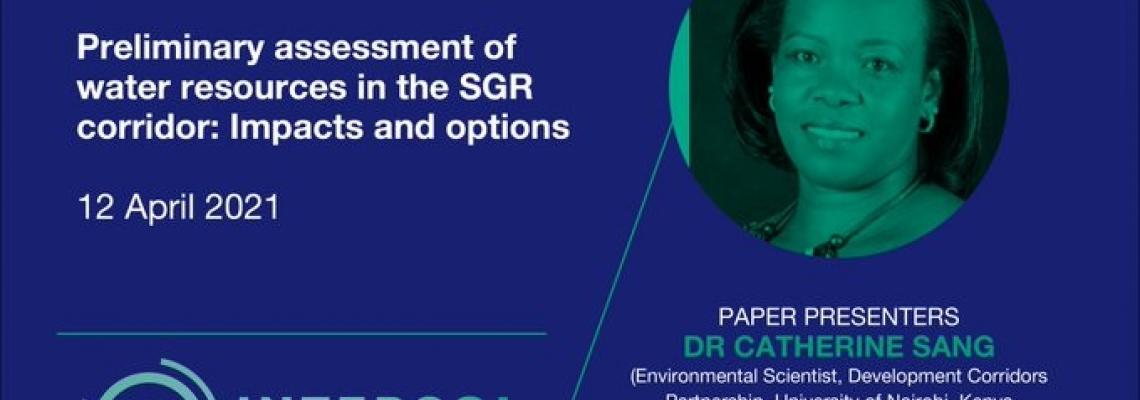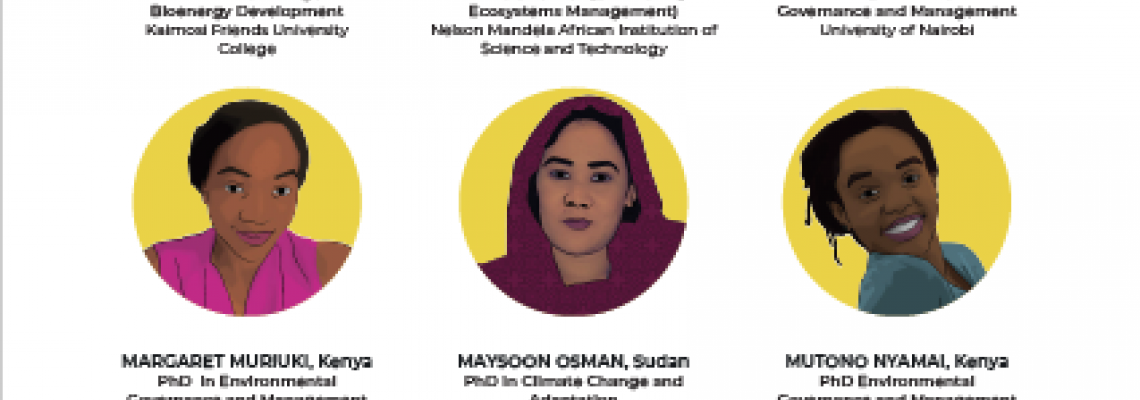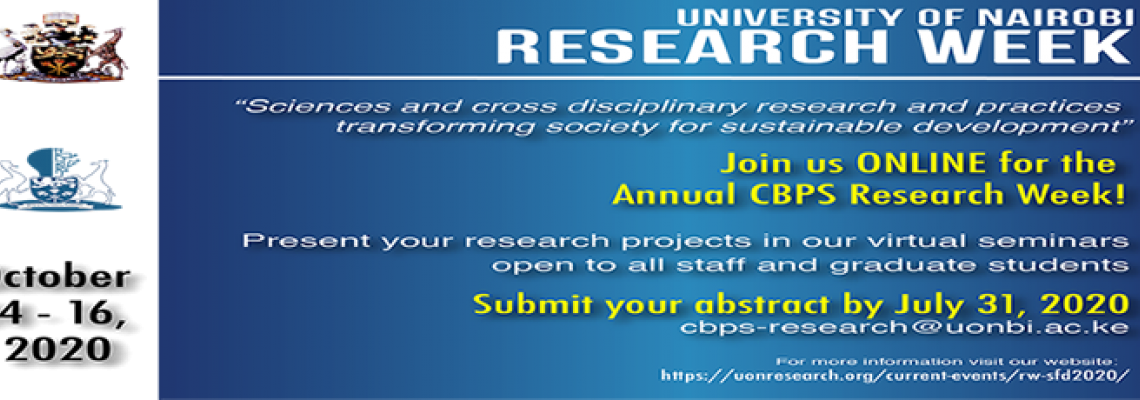The need for Universities to build capacity at the graduate level, and particular at doctoral level is widely recognized. However, universities all over the world face challenges in building such capacity and Sub-Saharan Africa in particular still lags behind in global research output (Elsevier & World Bank 2014). Research on post-graduate research in sub-Saharan Africa shows that researchers faces a number of challenges including insufficient resources and inadequate training or support for them to carry out their research (Mutula, 2009; Ngongalah et al, 2018). A recent study by the Centre for Higher Education and Trust (CHET) on trends in doctoral education in Africa, researched six flagship universities in Africa, including the University of Nairobi. The study found that universities do not provide adequate incentive for African students to enrol in doctoral programmes (Khodabocus, 2016). This, combined with issues such as poor research supervision and bureaucracies in the approval process of university departments, can lead to poor outcomes in completion of degrees and development of research skills, a core emphasis of post-graduate education (Mutula, 2009).
While many researchers from sub-Saharan Africa benefit from opportunities to complete their graduate studies outside the continent, there remains a need to grow this capacity within the continent. Measures can include recommendations made by various studies to address these shortcomings such as provision of training to building research skills (Ngongalah, 2018), and collaboration programmes across a spread of disciplines (British Council, 2018). Although most of these concerns are generally provided for in the formal university system through academic supervision, mentorships and career guidance, experiences show that the formal university system is not adequately resourced to address most of the critical capacity needs of all the students within the set programmatic provisions. Consequently, there is need to provide support through alternative and complementary platforms such as peer group mentoring, collaborative learning and research support groups which are increasingly attracting attention in education and research. The strength of this approach is that participants are internally driven and motivated towards personal and professional self-development based on flexible structure and format and content that meet the needs of the individual participants.
On 16th December 2019, the Institute for Climate Change and Adaptation (ICCA) held a meeting with class representatives to discuss the status and challenges faced by the current and past cohorts of Masters and PhD students. It was noted that the completion rate in the institute had been low since the Institute opened its doors. Between 2013 and 2019, 24 out of 271 (8.9%) of student registered at the Institute completed their studies. In Kenya, a report by the Commission on University Education (CUE) found that 50% of registered PhD students drop out, with an average PhD taking 6 years to complete, against a minimum duration of 3 years. The continent-wide drop-out rate is similarly high, at 51% compared to 17% in the United States, and 20% in Europe.
Among the challenges cited by the class representatives include lack of clear academic guidance, supervisors’ busy schedules, publishing challenges, lack of funding for field research, lack of linkage to industry through which they can anchor their research to current developments in their fields, and lack of a support group after completion of coursework leading to loss of motivation. The class reps also made an appeal for mentorship and access to opportunities such as trainings. As a follow-up to the meeting with class representatives, a research training needs survey conducted in the institute found that majority of respondents (58.82%) felt that more research training is needed for graduate students, and 79.41% said that they contacted their supervisor rarely. At the same time, 91.18% said they would attend a training workshop held or organized by the ICCA and 69.70% stated that they would be willing to pay to attend such workshops if the institute could not meet the training costs.
We are, therefore, proposing the formation of a research support group at the ICCA to help students overcome these challenges. The group will be composed of mentors who are early career researchers, and student members. Initial membership will be drawn mainly from ICCA before opening up to students and mentors from other departments. It is envisaged that the research group will provide invaluable support to help students complete their thesis and develop themselves as researchers by improving their research skills, attending conferences, and publishing their research among others. The research group is also expected to complement existing post-graduate support programmes already existing at the University of Nairobi, including regular training courses in research which are offered by the office of the Deputy Vice Chancellor for Research and Innovation.
Proposed Activities
- Monthly discussion group meetings with PhD and M.Sc. students from ICCA and other departments to share challenges and opportunities in their research journey
- Short trainings on research writing, data analysis tools, funding options, publishing, research ethics, communicating research etc
- Connection to opportunities for further training and, funding opportunities including “sponsorship” from senior researchers for funding applications
- Technical assistance from mentors and other specialists in statistics, GIS, data analysis tools, thesis proofreading etc.
- Writing grants winning proposals
- Kick starting your career – how to package ones soft and hard skills (how to write research statements, motivation letters etc)
- Presentation skills
- Pairing between senior and junior researchers for mentorship and guidance
Proposed mentors for the support group
- Dr. Tobias Nyumba (ICCA, University of Nairobi)
- Dr. Margaret Owuor (South Eastern Kenya University/ ICCA)
- Dr. Cornelius Okello (Machakos University/ ICCA)

